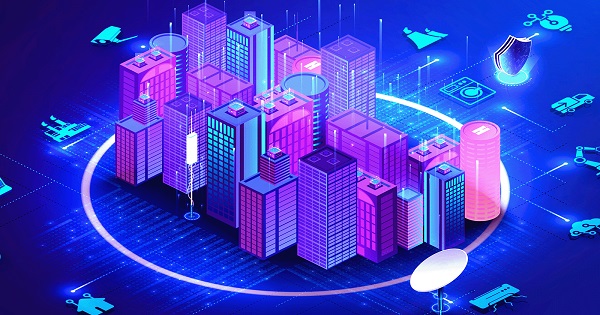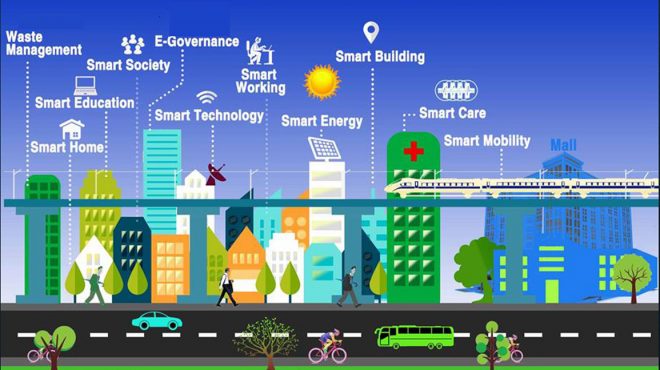Navigating the Future: The Rise and Role of Smart Cities

Smart cities represent a pinnacle of technological and urban development, blending innovation with everyday urban life. This article delves into what smart cities are, their functionalities, global applications, effectiveness, future prospects, and successful examples, offering a comprehensive understanding of this futuristic concept.
Understanding Smart Cities: Origin and Concept
A smart city is an urban area that uses different types of electronic methods and sensors to collect data. Insights gained from that data are used to manage assets, resources, and services efficiently. The concept of smart cities originated in the early 21st century, driven by the advancements in technology, especially in the field of IoT (Internet of Things).
These cities use data and technology to create efficiencies, improve sustainability, create economic development, and enhance the quality of life factors for people living and working in the city.
Functionality and Application of Smart Cities
Data Collection and Management
Smart cities rely heavily on data collection and analysis. Sensors placed across the city collect data in real time, helping in efficient city management and decision-making.
Resource Management and Sustainability
By harnessing technology, smart cities ensure optimal use of resources, leading to sustainable urban living. This includes efficient energy use, reduced carbon footprint, and better waste management.
Improving Urban Services
Technology in smart cities enhances urban services like transportation, healthcare, and public safety, making them more accessible and efficient.
Global Implementation of Smart City Technology
Smart city technology is being implemented worldwide, with cities like Singapore, Barcelona, and Amsterdam leading the way. These cities have integrated technology into their infrastructure, improving city life and setting benchmarks for others.
In Asia, Singapore’s smart nation initiative stands out, focusing on harnessing technology for societal and economic benefits. European cities like Amsterdam utilize smart technology to improve energy usage and traffic management.
Effectiveness of Smart Cities
Studies indicate that smart cities significantly improve the efficiency of city operations and services. They have a positive impact on the economy, environment, and quality of life.
However, challenges like data security and high initial costs need addressing to maximize their effectiveness.
The Future and Trends of Smart Cities
Looking forward, the trend for smart cities is increasingly positive. With technological advancements, cities are becoming more adept at integrating smart solutions, leading to more sustainable and efficient urban living.
The future of smart cities lies in the adoption of AI, IoT, and big data, pushing the boundaries of urban development and improving citizen life quality.

Successful Examples of Smart City Technology
Cities like Dubai and Stockholm have set high standards in smart city development. Dubai’s smart city initiative focuses on connecting the city through technology, while Stockholm’s smart city project emphasizes on eco-friendly practices and digital innovation.
These cities not only showcase successful integration of technology but also demonstrate the positive impact of such integration on urban life.
Justifying the Smart City Concept
Smart cities have proven their worth by enhancing urban efficiency, reducing environmental impact, and improving residents’ quality of life. They represent a significant step forward in urban planning and management.
While challenges remain, the benefits and potential of smart cities in shaping the future of urban living are undeniable, justifying their growing popularity and implementation.
